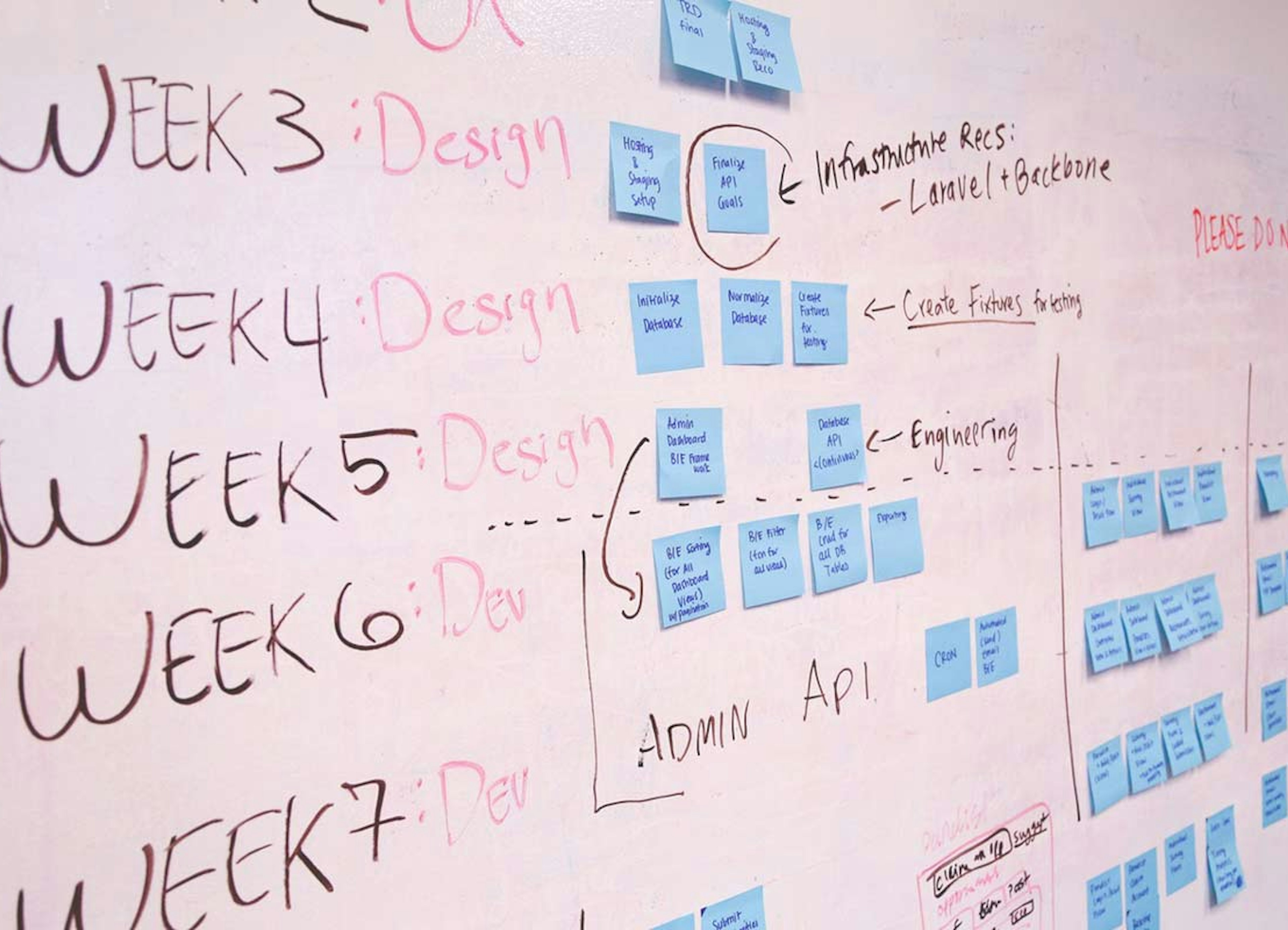If you look at Mark Zuckerberg as an example, Silicon Valley’s employees are growing up. Zuckerberg was a mere twenty years old when the Facebook office opened in Palo Alto, CA. He’s now married, 32 years old, and recently became a father. Chances are, Zuckerberg (and his peers) are no longer talking about “the simple life” to which he referred in 2007. Like Zuckerberg, many of Silicon Valley’s aging millennials—who are now in their early 30s—are talking about family leave, buying homes, and planning for their retirement.
As this group moves into another stage of adulthood, not only have their needs changed, but also their perspectives regarding what an employer should provide. In the early 2000s, Silicon Valley employees might have been happy with amazing stock options, a paycheck that allowed them to rent an expensive apartment, and a break room with a pool table and an endless supply of food. While I haven’t met an employee who is going to turn away from massages, dry cleaning services, and even haircuts, these perks can’t be the only things employers are offering when it comes to retaining the aging millennial workforce.
For Silicon Valley employers that want to retain top talent, the work environment needs to grow and evolve to meet employees’ needs. These startups and tech companies can grow up alongside their employees by evaluating their organizations against six HR-related categories:
Culture: Work-life balance
Many high-profile Silicon Valley companies launched their business with groups of people who were young and focused on the world of work above everything else. These organizations were known for hosting all-night hackathons, weekend retreats, and leaders who knew no boundaries when it came to calling, emailing or texting during off-hours. The expectation was that people worked late, went above and beyond to get the job done, and put their life on hold to meet work demands. While this organizational culture still exists in many companies, aging millennials aren’t going to be as likely to join an organization—or stay with one—that requires them to put their life on hold.
Related article:
Healthcare for dependents
As employees life situations change and evolve, benefits play an increasingly significant role in selecting (and staying with) an employer. Silicon Valley companies should be sure benefit plans reflect the changing needs and desires of their workforce. Not everyone is going to be looking for a package that covers the entire family but make sure you have one that does. Employers who provide options that help their workers, spouses, and children live a healthy life will find it easier to recruit and retain talent.
Compensation: salary vs. stock
Silicon Valley startups have historically offered very generous stock options, bonuses, and $100K+ salaries to employees with only a few years of experience. Stock options will continue to be an incentive; however, as employees grow older, they’ll also be looking for financial security that stock options, bonuses, and a $100K annual salary may not deliver.
“In Silicon Valley, 13% of households make more than $200,000 a year and single-family homes frequently sell for more than $1 million. An engineer in San Francisco told me that he could never dream of buying a house in the city on his pay; another said that it would be impossible to pay off his student loans anytime soon,” said Farhad Manjoo in Fast Company magazine.
Employees who are interested in purchasing a home in one of the hottest, most expensive housing markets in the U.S. are looking for employers who can provide a substantial salary to cover a monthly mortgage payment, not just the promise of a stock option that “could” deliver.
Related articles:
Parental leave and family-friendly policies
Unfortunately, many startups don’t create a parental leave policy until the first employee who becomes pregnant asks the company to create one. Don’t let that happen in your organization—be proactive about your policy. Doing so will allow you to demonstrate to current and future employees that you support their life goals.
Establishing a parental leave policy isn’t the only thing an employer should do to build a family-friendly business. There are many family-related benefits you can offer in support of employees who have a family, or who plan on starting one. Benefits include adoption fee assistance, maternity and paternity leave, paid time off for new parents, discounted childcare, a healthy allowance of sick days, and flexible work options.
Retirement savings: 401(k)s
For Silicon Valley’s older millennials, preparing for retirement is appealing. That long-term benefit may entice them to join or stay with an organization that not only offers a 401(k) program but also provides a company match. And, there’s good news for Silicon Valley founders: it’s not only the employees who benefit from a 401(k); employers may qualify for a tax break when they offer a 401(k) plan. Not that we want to look at failure as an option, but it happens to the best of organizations. If a startup doesn’t succeed, employees who have invested in a 401(k) will keep that money even if the business fails.
Related resources:
Community involvement
Today’s employees, including millennials, are some of the most values-driven. The Harvard Business Review reports that according to data from the Center for Talent Innovation (CTI), “91% of Gen X women and 76% of Gen X men feel it is important to contribute to their community or the wider world through work.”
These employees are interested in working for organizations that demonstrate corporate social responsibility. Companies who provide their workforce with an opportunity to contribute to the greater good through volunteer activities will be more likely to engage those workers, while supporting their communities at the same time.
After we initially published this article, we got many requests for concrete guidelines on establishing a strong HR foundation, so here is our Startup HR Checklist and even more practical: a downloadable Startup Employee Handbook Template.
As Silicon Valley’s employees shift away from “the simple life” it’s up to companies to grow and evolve with them. Don’t abandon the perks that please people on a daily basis, but don’t ignore other employee engagement strategies that will help your organization continue to grow.
Low-cost 401(k) with transparent pricing
Sign up for an affordable and easy-to-manage 401(k).
Article By
The Human Interest TeamWe believe that everyone deserves access to a secure financial future, which is why we make it easy to provide a 401(k) to your employees. Human Interest offers a low-cost 401(k) with automated administration, built-in investment education, and integration with leading payroll providers.


